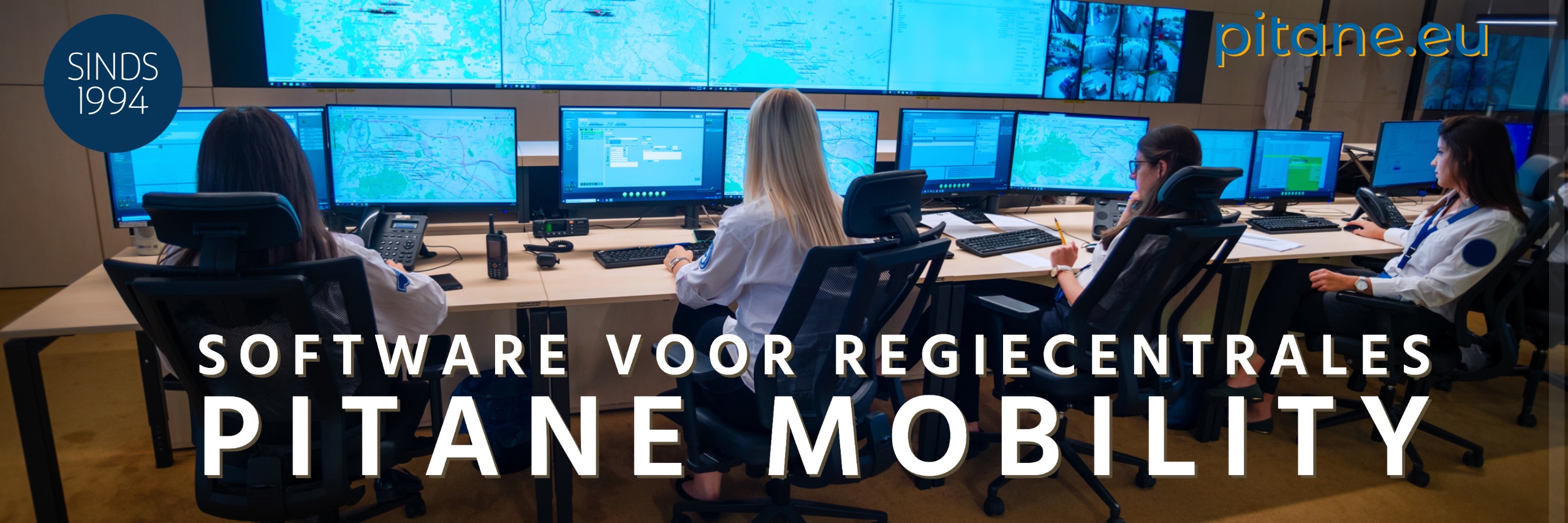The current prognosis is that the rates in urban and regional transport may rise by 1% as of 2024 January 11,3.
In the run-up to the elections in November with a caretaker cabinet in power, the State Secretary for Infrastructure and Water Management, Vivianne Heijnen, answered questions about the recent price increases in public transport. These questions were asked by MPs Kuiken and De Hoop of the PvdA.
Heijnen confirmed the importance of affordable public transport, especially in the regions, for the accessibility of villages and towns for large groups of people. She expects the decentralized authorities and their carriers to do their utmost to ensure affordable and sufficient urban and regional transport.
no role or instruments
The State Secretary acknowledged that price increases in public transport could mean greater financial pressure for some travelers, and that higher fares could form a barrier to the use of public transport. Nevertheless, she emphasized that she has no role or instruments in determining the rates in regional public transport, a task that falls to the decentralized authorities.
To guarantee the accessibility of public transport, it has made 150 million euros available this year through the transition safety net to ensure sufficient supply. She stated that the sector desperately needs this income to be able to adequately serve travelers and to provide sufficient public transport.
In fact, the local governments should be able to absorb part of the price increases through a smarter mode of transport (Zeeland, etc.) and should therefore not have to pass on the full indexation to their customers.
Heijnen also indicated that it is open to experiments to make public transport cheaper for certain groups, in order to stimulate its use and counteract the downward spiral of disappearing connections. She referred to initiatives by municipalities that make public transport available free or cheaply for minimum wage earners, based on their responsibility for the minimum wage policy.
Nevertheless, it indicated that it plays no role in setting fares in regional public transport. The annual indexation of tickets for urban and regional transport is determined by a fixed measurement method and weighting of wage, energy and inflation developments, carried out by the responsible local authorities.
At the same time, Heijnen warned against realism and acknowledged that there has been an overall increase in costs. Carriers are faced with higher costs that must be compensated in order to remain financially sound and to guarantee the service.
Portrait Vivianne Heijnen – Valerie Kuypers.



